
Grenada looks to upgrade its seamoss and soursop sectors
01/06/2023
A range of stakeholders from Grenada met to establish a path for upgrading their seamoss and soursop value chains over the coming years
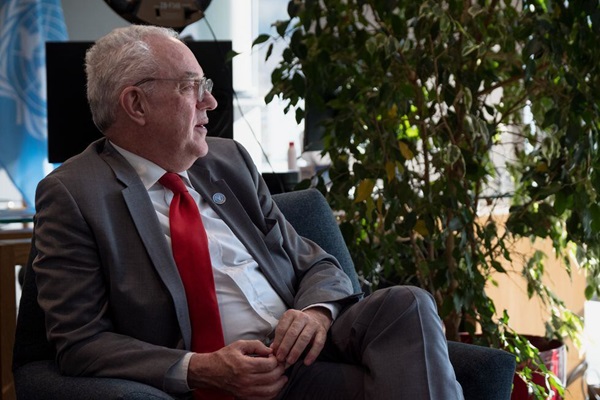
Mario Lubetkin: ‘The issue of food security is here to stay, as was the case with the climate crisis’
15/06/2023
The FAO deputy director and regional director for Latin America and the Caribbean analyzes the perfect storm of conflict, climate, post-pandemic inflation, and inequality that is driving world hunger.
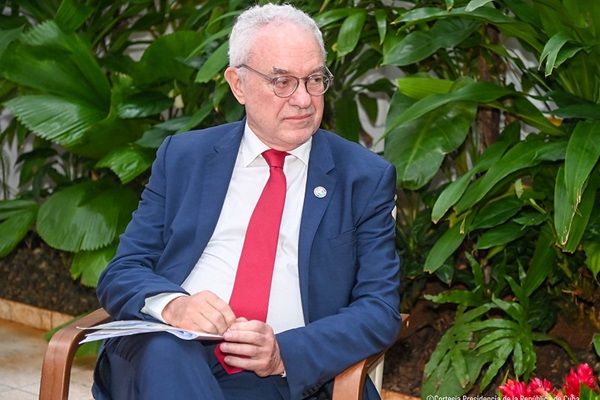
Mario Lubetkin | Growing food insecurity calls for greater coordination
25/05/2023
According to the latest Global Report on Food Crises, in 2022, almost 258 million people in 58 countries faced the highest levels of acute food insecurity, which includes the categories of “crisis”, “emergency”, and “catastrophe”, meaning that it can range from malnutrition to the risk of death due to lack of food.
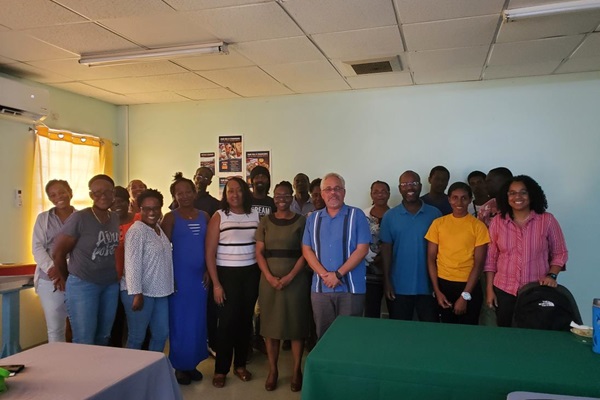
FAO aquaculture training empowers farmers and stakeholders in the seamoss industry of Grenada
13/04/2023
FAO continues to partner with Grenada to promote resilient aquaculture through training farmers in improved practices for seamoss cultivation.
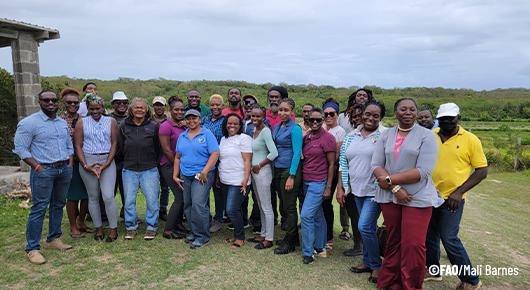
Antiguan farmers benefit from FAO Resilient Caribbean Initiative training
28/02/2023
The workshop, attended by 35 persons, addressed soil and water conservation, aquaponics, solar powered irrigation systems and other resilient agriculture techniques.
-ii.tmb-th600x400.jpg?Culture=en&sfvrsn=cc9ee4c_1)
The threat of African Swine Fever (ASF): Improving the preparedness and response of the Caribbean region
06/06/2023
The objective of the exercise was to discuss a regional strategy and action plan to improve prevention, preparedness, and response to animal health emergencies.
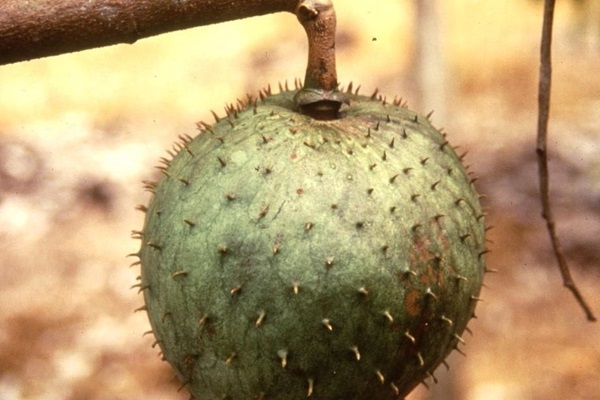
Belize validates strategy to upgrade its soursop industry
27/02/2023
Stakeholders from the public and private sectors agree on major areas for upgrading the soursop value chain to increase production, and create opportunities to increase access to local, regional, and extra-regional markets.
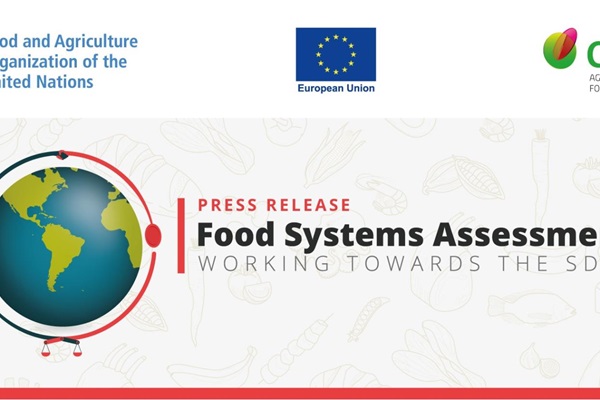
Barbados and The Eastern Caribbean States launch of Stakeholders Consultation Workshop on the Assessment of Food Systems ahead of the Global UN Food Systems Summit
15/09/2021
Over 280 people representing the government, international organizations, civil society, private sector, academia and non-governmental organizations gathered virtually on Friday, August, 6th virtually for a Stakeholder Consultations Workshop titled “Food
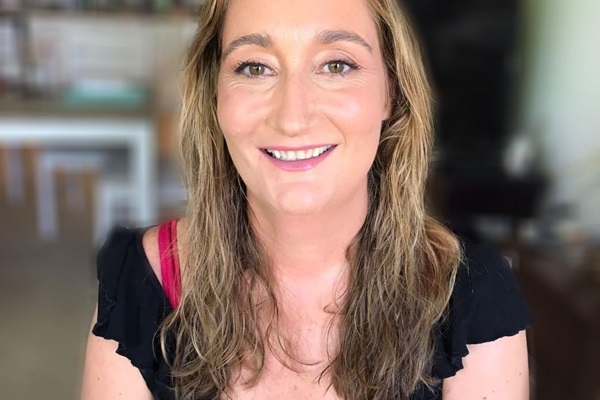
No better time to celebrate fishers
22/11/2021
Iris Monnereau, FAO Regional Project Coordinator on the Climate Change Adaptation of the Eastern Caribbean Fisheries Sector Project (CC4FISH) shares her views on the celebration of World Fisheries Day

Strengthening CARICOM countries’ capacities in South-South and Triangular Cooperation
30/09/2021
Caribbean Regional Dialogue on Access to Climate and Environmental Finance
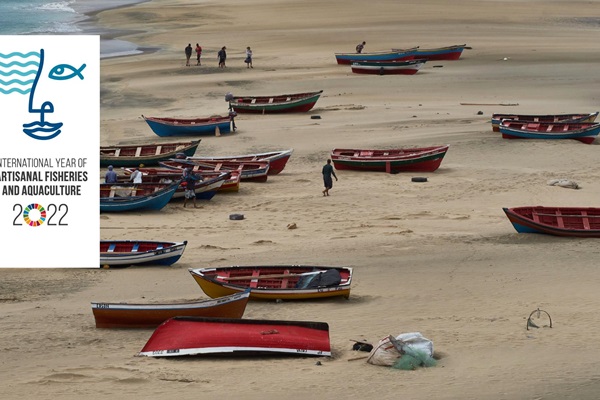
FAO Hooked on 24 Champions of Small-Scale Fisheries and Aquaculture
28/06/2022
In recognition of the millions of small-scale fishers, fish farmers and fish workers who provide healthy and nutritious food to billions of people globally and contribute to eradicating hunger, The United Nations General Assembly has declared 2022 the Int
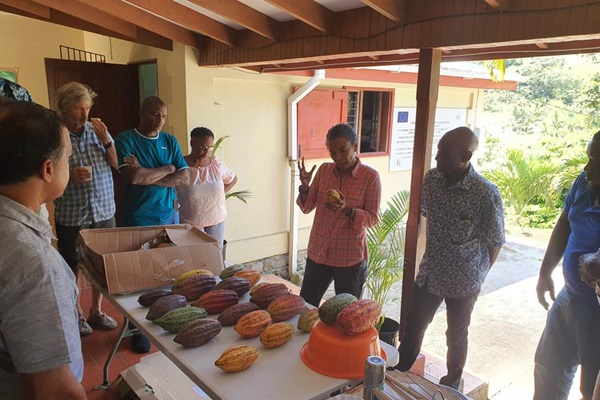
Saint Lucia’s “finest” cocoa gets a significant boost to revitalize the sector
24/04/2023
Important strategic partnership aims to increase the production of the island’s world-class cocoa
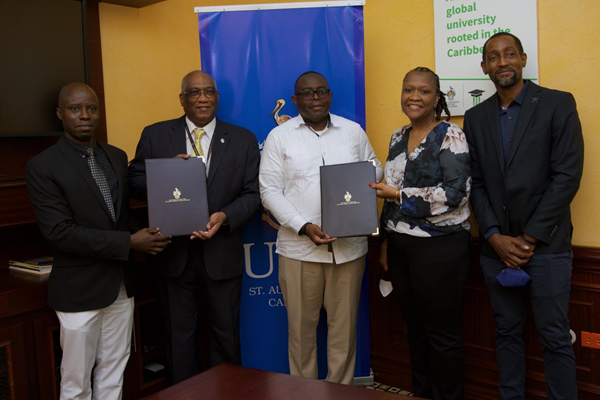
Eight Caribbean Countries to strengthen food and nutrition security using Sustainable Soil Management and New Climate Resilient Technologies
29/07/2022
In an effort to boost sustainable food production across eight Caribbean countries, The Partnership Initiative for Sustainable Land Management (PISLM) and The Food and Agriculture Organization of the United Nations (FAO) have partnered to implement The CS
_page-0001.tmb-th600x400.jpg?Culture=en&sfvrsn=7a4764b4_1)
The Caribbean to strengthen its fight in the battle to counter Illegal, Unreported and Unregulated Fishing threats to the seafood industry and food security
29/06/2021
Seafood products are among the most widely traded food commodities in the world, with estimated trade value of around USD 149.4 billion for 2020 according to the Food and Agriculture Organization of the United Nations (FAO)’s Food Outlook publication date

Insects, a future source of valuable animal feed in the Caribbean
02/03/2022
Exploring insect farming as a sustainable solution to organic waste disposal and animal feed production.
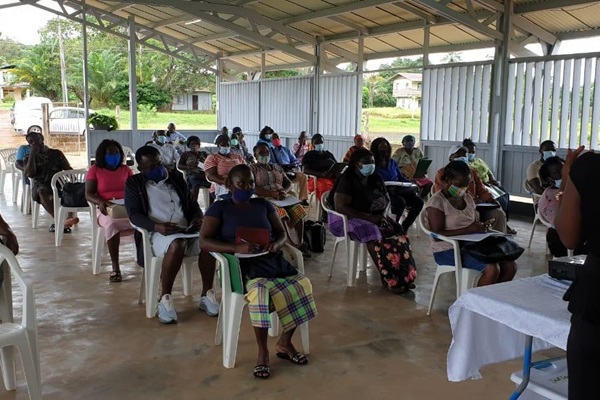
Growing enthusiasm in farmers in applying for a SAMAP matching grant
22/03/2021
From March 6, 2021 to March 18, more than 400 farmers, producers’ organizations and agribusinesses have already participated in information sessions about the Matching Grant Facility (MGF) organized by the Suriname Agriculture Market Access Project (SAMAP
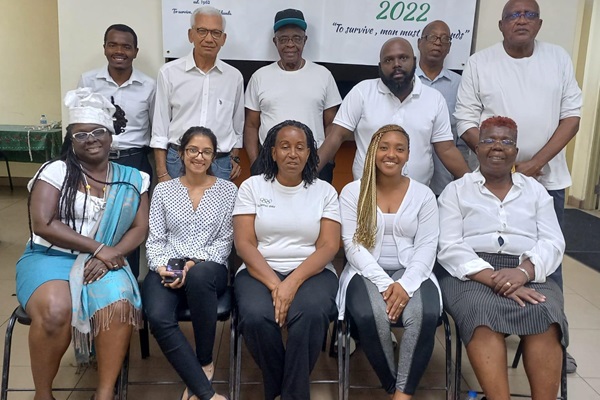
FAO supports sustainable agriculture in Barataria through partnership with 4H Club
05/05/2023
FAO innovative resources donated to Barataria Community Centre 4H Club has empowered the community for the successful implementation of a new agricultural project using the herb basil.
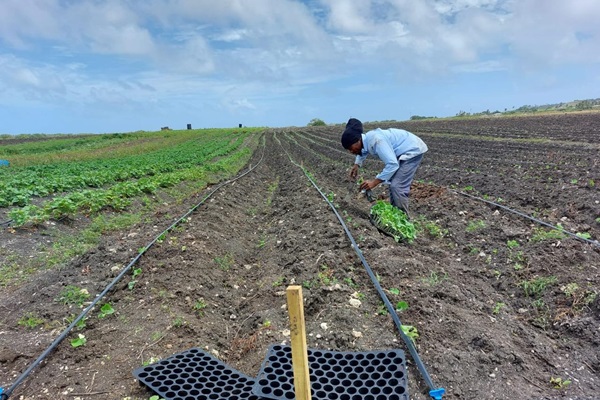
Water-Energy-Food-Environment Nexus Tools for enhanced climate resilience in Latin America and the Caribbean, one of the priority items during World Water Week
07/09/2022
The importance of shifting from water-centric resource management to holistic planning and integrated decision-making in the Water, Energy, Food, and Environment (WEFE) sectors using innovative nexus tools was a key message of the World Water Week sessio
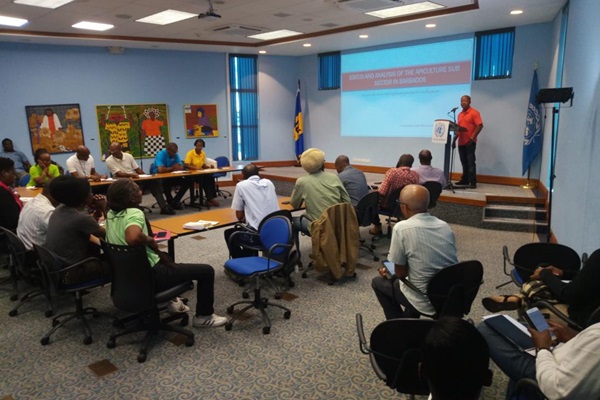
Buzzing Barbados into the Honey Industry
14/03/2020
Barbados buzzes its way into honey production by seeking endorsement of its value chain analysis and upgrading strategy from beekeepers, farmers, and private and public sector partners.
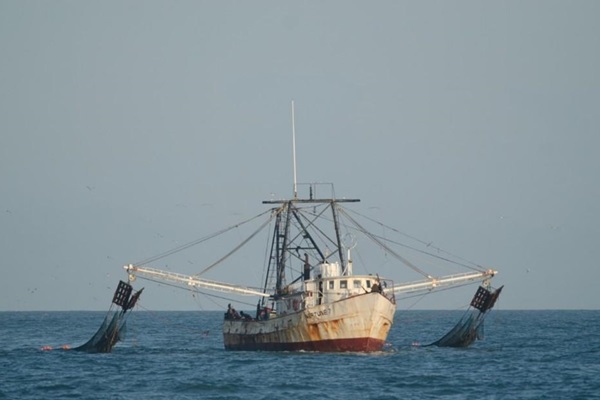
Over 12,000 persons in the Caribbean to benefit from a Shrimp and Groundfish Project
02/06/2022
On 29 April, a group of more than 70 persons representing fisher-folk, regional fisheries bodies, government, civil society organizations, private sector and academia participated virtually in a regional workshop for the preparation phase of a major proje
